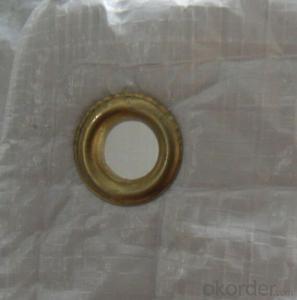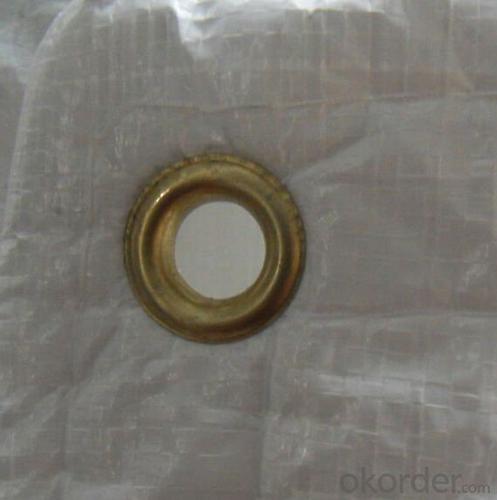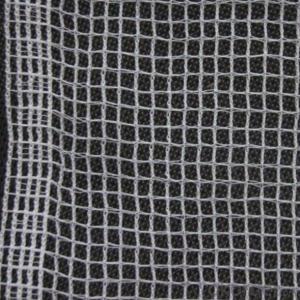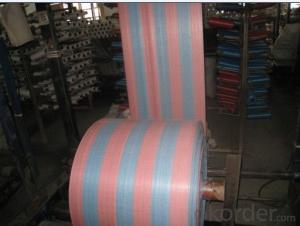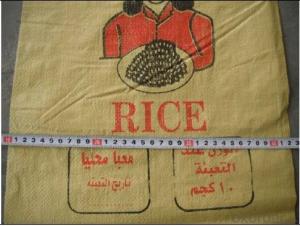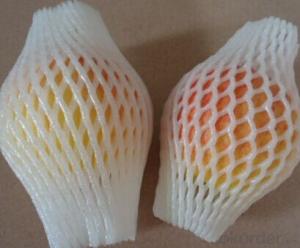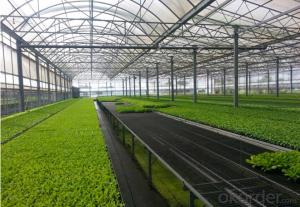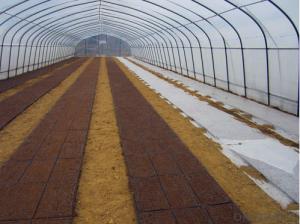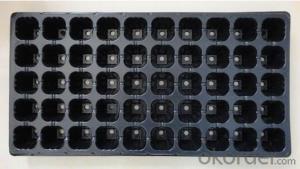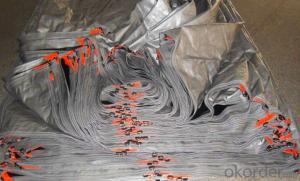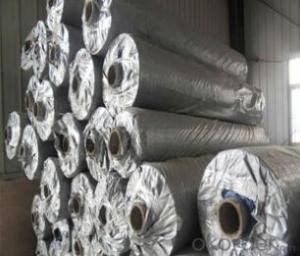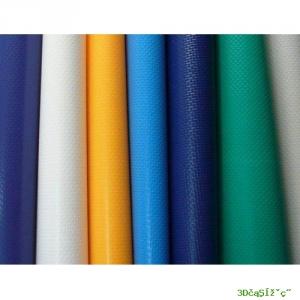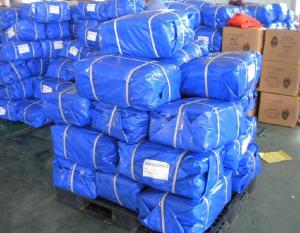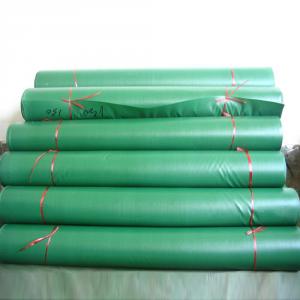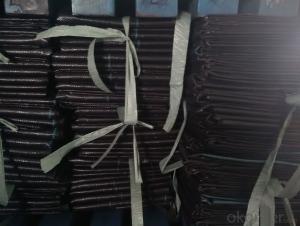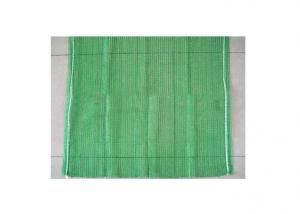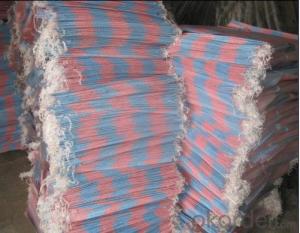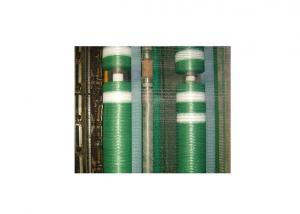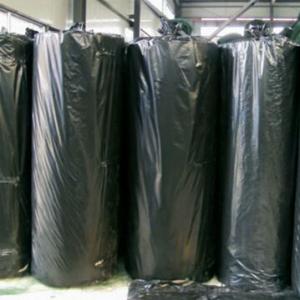PP white tarapulin
OKorder Service Pledge
OKorder Financial Service
You Might Also Like
Specification :
1) Fabric quality
-Weaving Condition (mesh weft x warp/ sq.inch) : 7x7, 8x8, 10x8, 10x10, 12x12,14x14,16x16
-Weight : 55gram/sq.m~ 250gram/sq.m
2) All four edges are reinforced by P.P rope in hem
3) Aluminum eyelet at every 1meter (1yard or 3feet) interval
4) Each piece in a polybag with your leaflet (or Size sticker)
5) Special treatment : U.V., F.R. / Brass Eyelet, Plastic Eyelet also available
Color : Any color available
Packing : Carton Box packing or Bale packing
Available use :
General Cover, Construction and Equipment Cover, Covers for open-stored goods,
Covers for trucks/automobiles/boat, Lining materials for storage tanks and containers,
Lining material for irrigation Canals and grain silos, Machinery Cover, Tents, Picnic mats,
Covers for Swimming Pools and Garden Furniture etc.
- Q: I have heard from many people that plastic containers give off chemicals when heated, which in turn are eaten when you eat leftovers heated up in them. I bought stoneware and glassware (Corningware and Pyrex) today to replace my plastic containers. Am I doing the right thing??
- No, there is no danger in heating up plastic containers. I hear a lot of silly comments about many different things also. Hell, I know a few people who still believe that microwave ovens are dangerous! Edit: Sorry Jonboy, but it seems to me that although you may have a basic concept of some plastics, you seem to have no concept as to the amount of potential leaching of materials which may occur by simple heating, or the damage that a few released molecules could possibly have on any living being. Obviously if the material melts, it was not being used properly. Even if it did it would not cause any health risk. It would mean that the container would no longer be usable for it's originally intended purpose!
- Q: I'm making rings out of plastic buttons my craft glue has run out. I was wondering if super glue will reck the plastic buttons? thanks for the help
- No, instant glues (Super Glue, Krazy Glue, etc) won't dissolve plastic... we use it with polymer clay all the time which is also a plastic. The only things to stay away from with plastics are things that contain petroleum-based solvents (the ones that clean up with paint thinner, mineral spirits, etc.) like enamel paints, certain kinds of finishes, etc. Instant glues do best (even those that have been thickened) with *enough* surface areas that match *exactly* and which won't be subject to shear forces (pressure from the side) rather than pulling apart forces. So in order of best adhesion, I'd probably go with: ...2-part epoxy glue ...a strong white glue or one made for attaching to metal (Beacon's GemTac or Jewel It, or Weldbond or The Ultimate by Crafter's Pick)... but not a weaker white glue ...E6000 (for those last two, you may want to sand the surfaces first) (Polyurethane glues like Gorilla Glue will hold anything to anything, but Gorilla Glue is yellow and it swells while curing--so must be weighted or clamped. If you use it, don't start with too much and keep wiping away the part that oozes out in the beginning.) All that depends on the amount of stress your bond would be subjected to though, and less stress could do fine with other glues including clear cements though those aren't flexible at all. HTH, Diane B.
- Q: Are nursery trays dishwasher safe?
- No, nursery trays are typically not dishwasher safe as they are made of delicate materials that can get damaged or warped when exposed to high temperatures and harsh dishwasher detergents. It is recommended to clean them by hand using mild soap and water.
- Q: Are agricultural plastic products safe for human consumption?
- No, agricultural plastic products are not safe for human consumption. They are primarily used for packaging, storage, and transportation purposes and are not meant to be ingested.
- Q: Can nursery trays be used for growing fragrant flowers?
- Yes, nursery trays can be used for growing fragrant flowers.
- Q: How do nursery trays help with plant propagation?
- Nursery trays provide a controlled environment for plant propagation, offering protection and support to young plants. They help with the organization and efficient use of space, allowing for easy monitoring and watering. Additionally, nursery trays enable the proper development of roots, promote uniform growth, and simplify transplanting processes.
- Q: Does anybody know what might cause plastic bags to discentegrate for no apparent reason? I opened the cupboard a few weeks ago and there were bits and pieces of a few plastic bags spread around. I freaked out and thought that it might be mice or something but it isn't. Then yesterday, I opened a basket in which I had placed a plastic bag inside and there was nothing wrong with the bag when I had placed it in there. Yet, a few days later it too had discentegrated. I just don't know what it could be.
- Some plastic bags are now biodegradable - not sure how long they take to break down - perhaps if they were in a damp place they might start to break down? Sounds very odd though!
- Q: Are there any regulations or restrictions on the use of agricultural plastic products?
- Yes, there are regulations and restrictions on the use of agricultural plastic products. These regulations vary by country and region, but they are generally aimed at reducing environmental impacts and promoting sustainable practices. Some common restrictions include limits on the use of certain types of plastics, requirements for proper disposal or recycling, and guidelines for minimizing plastic waste in agricultural practices.
- Q: This question asks for the most recent developments in the design and technology of agricultural plastic products.
- <p>The latest trends in agricultural plastic products design and technology include the use of biodegradable plastics, smart irrigation systems, and precision farming tools. Biodegradable plastics reduce environmental impact by breaking down naturally after use. Smart irrigation systems use sensors and data analytics to optimize water usage, reducing waste. Precision farming tools, such as drones and GPS-guided machinery, enhance crop monitoring and application accuracy. Additionally, there's a focus on developing stronger, more durable materials for long-lasting use and integrating IoT for real-time monitoring and management of agricultural resources.</p>
- Q: Are nursery trays suitable for indoor gardening?
- Yes, nursery trays are suitable for indoor gardening. They provide a convenient way to start seeds, propagate cuttings, and grow small plants indoors. Nursery trays are designed to hold soil and provide drainage, making them ideal for indoor gardening purposes.
Send your message to us
PP white tarapulin
OKorder Service Pledge
OKorder Financial Service
Similar products
Hot products
Hot Searches
Related keywords
